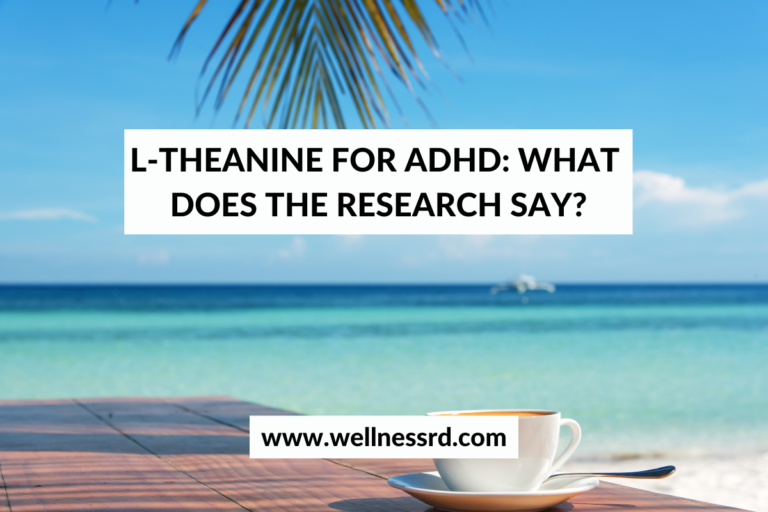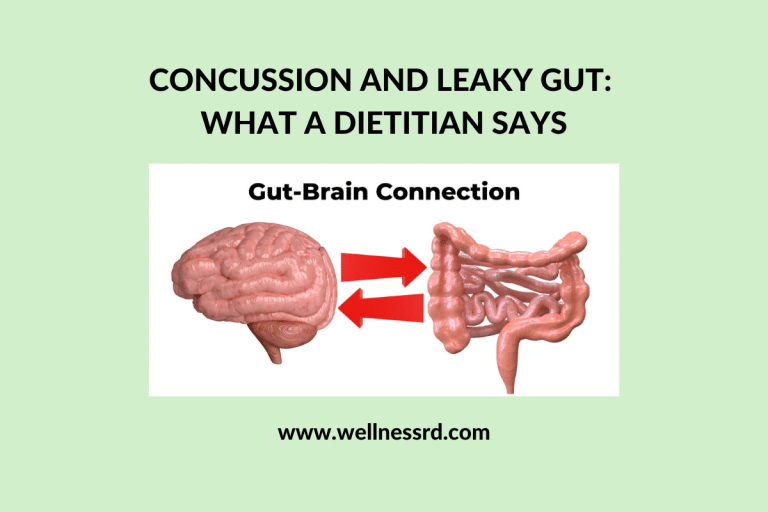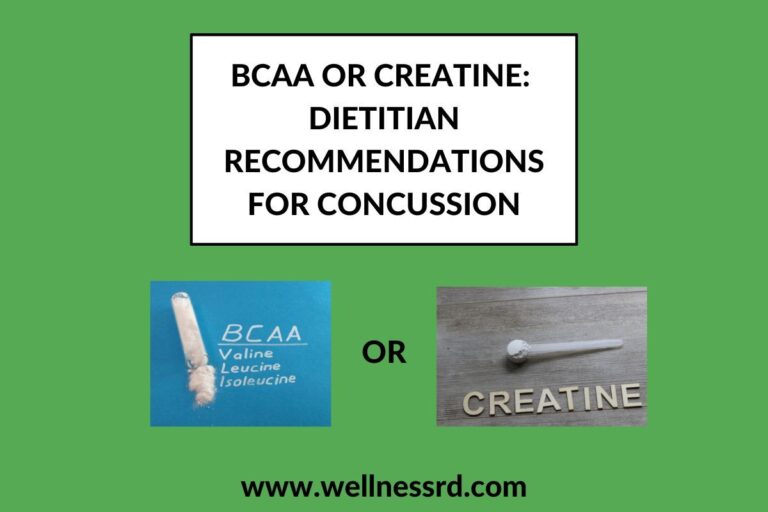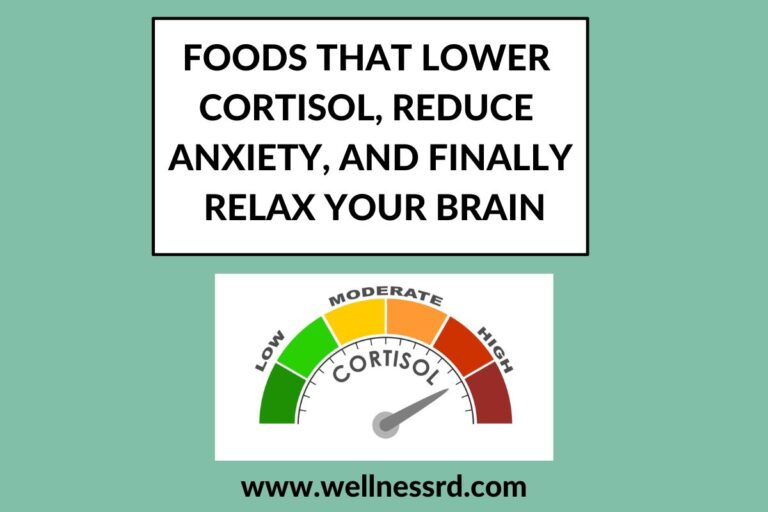Best Fish Oil for Anxiety and Depression? What a Dietitian Says
What is the best fish oil for anxiety and depression?
Are you looking for some natural treatments for anxiety and depression?
Wonder if fish oil helps to reduce symptoms?
We understand! There are many natural remedies for anxiety and depression including supplements.
This article contains science backed info, written by registered dietitian nutritionist Amy Archer, on the best fish oil for anxiety and depression to reduce stress, promote a sense of calm, and support a healthy mind.
This information is for educational purposes only. As with any medical advice, always check with your doctor or healthcare professional for personal and age-appropriate recommendations.
Let’s get started.
Want a copy of this article? Click here to download a copy of this article.
Table of Contents
What is Fish Oil? What is Omega 3 Fatty Acid?
Fish oil comes from fatty fish and it is an amazing source of omega 3 fatty acids. Omega 3 fatty acids have many health benefits. These essential acids cannot be made in your body so, you must get them in your diet or by taking supplements.
Omega 3 fatty acids are mainly found is the SMASH fish:
- Salmon
- Mackerel
- Anchovies
- Sardines
- Herring
Trout and oysters are also good sources of omega 3’s.
There are two main types of omega 3’s. These include:
- docosahexaenoic acid (DHA)
- eicosapentaenoic acid (EPA)
Alpha-linolenic acid (ALA) is a type of omega 3 however, it is mainly found in plants like flaxseed and walnuts.
The World Health Organization recommends at least 1-2 servings of omega 3 rich fish per week. If you do not consume fish regularly, fish oil supplements may be recommended for your overall health including mental health.

How Does Fish Oil Reduce Anxiety and Depression Symptoms?
Since the brain is made up of about 60% fat, essential fatty acids are important for optimal brain function (1).
Optimizing omega 3’s has been shown to reduce symptoms of anxiety and depression (2).
A study in 2020 showed that fish oil plays a role in the prevention and treatment of depression and reducing symptoms (3).
How does fish oil improve your mental health?
A recent review of the importance of omega 3’s on neuropsychiatric disorders showed several possible mechanisms (4):
- DHA acts on receptors in the brain to control emotions
- The endocannabinoid system and their effect on the nervous system
- The HPA axis which affects stress
- Neuroinflammation in mood disorders
Omega 3 fatty acid optimization shows a reduction of anxiety and depression symptoms in many studies (5) so get your omega 3’s!
But what is the best type of fish oil to reduce symptoms of anxiety and depression?

What is the Best Fish Oil for Anxiety and Depression?
DHA and EPA are two types of omega 3 fatty acids essential for your brain health (6).
DHA is important for brain function, especially for cellular membrane function and neurotransmitter function in early life and into adulthood.
EPA influences your behavior and mood.
EPA and DHA levels can be measured with an omega 3 index.
Dose of Fish Oil for Anxiety
A systematic review and meta-analysis in 2019 on omega 3’s intake and anxiety showed a reduction in symptoms with an omega 3 supplement greater than 2000 mg and with an EPA amount of at least 60 % (1200 mg EPA) (7, 8).
Dose of Fish Oil for Depression
Studies show EPA decreases symptoms of depression (9). A meta-analysis in 2019 showed that an omega 3 supplement with an EPA content greater than 60% and a dose of less than 1 gram per day improved depression (10),
There are many other benefits to consuming fish oil. Let’s review.
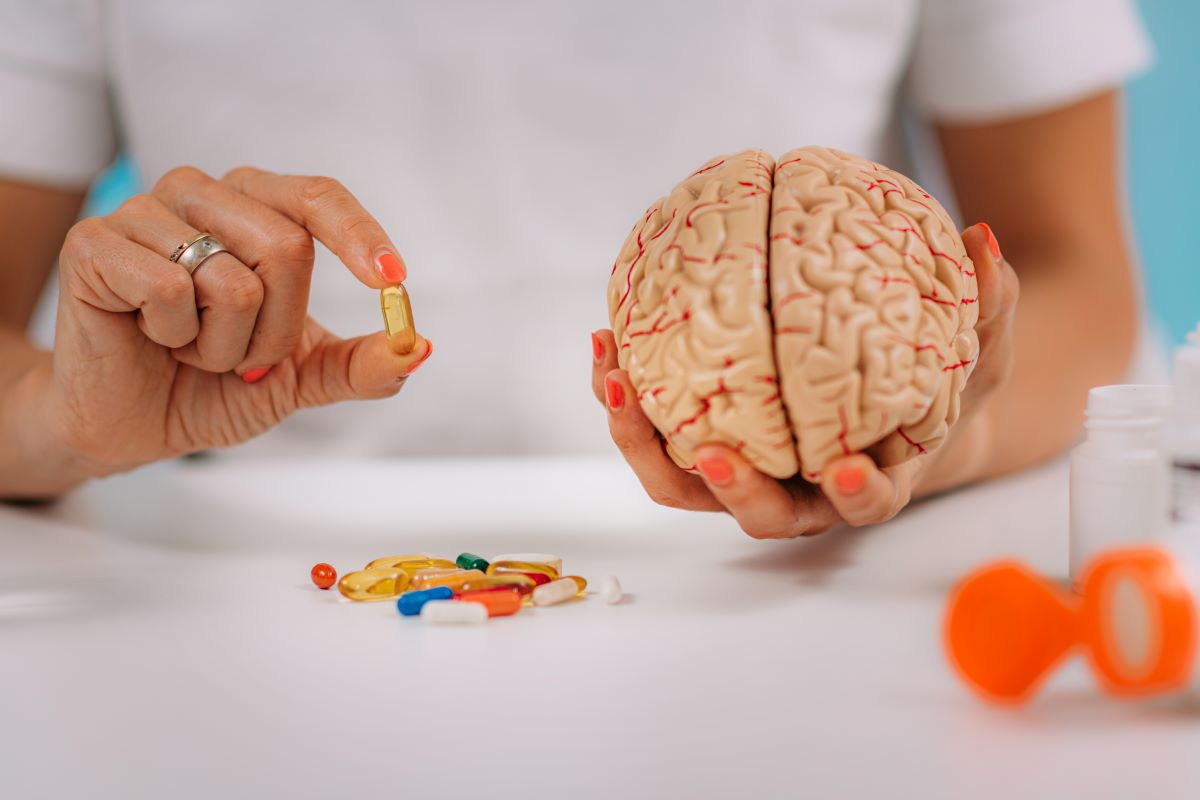
What Are Some Other Health Benefits of Fish Oil?
Evidence shows fish oil has many benefits when taken as a supplement.
Some of the mental health conditions affected by omega 3 status include (11):
- Attention deficit hyperactivity disorder (ADHD)
- Autism
- Bipolar disorder
- Depression
- Suicidal ideation
Other health conditions which may improve by optimizing omega 3’s are:
- Autoimmune conditions (12)
- Bone health (13)
- Diabetes (14, 15, 16)
- Gut health (17, 18, 19)
- Heart health (20, 21)
- Neurodegenerative conditions (Alzheimer’s, Parkinson’s) (22)
- Post-concussive syndrome (23, 24)
- Reduced inflammation (25)
- Skin health (26)
How To Take Fish Oil
Take your fish oil with food for better absorption. Try splitting the dose through the day and select one with a flavor like lemon or mint to prevent after taste. Choose a high-quality supplement to prevent “fish oil burps”. Target a total intake of about 1-2 grams per day (including food and supplements).
High therapeutic doses may be recommended by your health care professional.
Choosing the Best Fish Oil
There are many fish oils on the market. A few guidelines for selecting the best fish oil are:
- Select a high-quality supplement that has been tested for contaminants.
- Look for a supplement with a high level of omega 3 fatty acids with a total amount of greater than 1 gram of DHA and EPA.
- Choose the best form for you to take either a liquid or capsule (gummies usually do not have enough fish oil).
- You want a known high-quality brand of fish oil such as Nordic Naturals, Carlson, or professional brands like Metagenics or Microbiome Labs.
Are There Risks to Taking Fish Oil?
Fish oil is safe for most people however caution should be used in certain situations including:
- If you take a blood thinner like warfarin
- If you take non-steroidal anti-inflammatory medication (NSAIDS)
- If you are scheduled to have surgery
Always check with your healthcare professional to see if fish oil is right for you.
While more research is needed to understand the benefits of fish oil and anxiety, eating omega 3 rich fish a couple times per week or taking a fish oil supplement to meet your individual needs may help to reduce anxiety and depression.
Final Thoughts
Fish oil is found in fatty fish like salmon, mackerel, anchovies, sardines, and herring.
There are 2 main types of omega 3 fatty acids: DHA and EPA.
Optimizing omega 3’s has been shown to reduce symptoms of anxiety and depression.
For anxiety, an omega 3 supplement greater than 2000 mg and with an EPA amount of 1200 mg EPA.
For depression, 1000 mg per day of omega 3 with about 600 mg of EPA.
Many conditions benefit from optimizing omega 3 in the diet and with supplements.
Read the blog for more information on functional nutrition.
Test don’t guess.
Contact me to schedule an appointment to review your personalized nutritional health.
© Amy Archer RDN, CLT, CHWC


